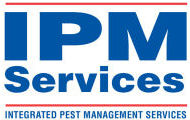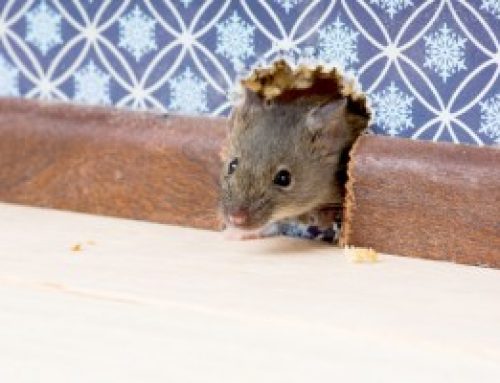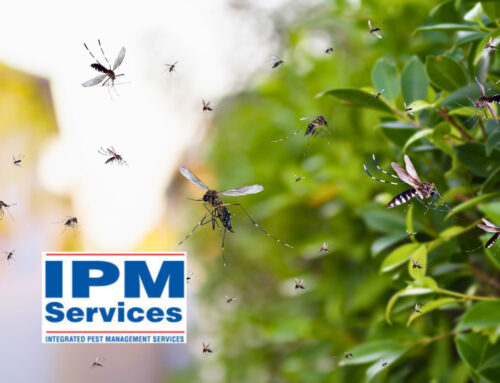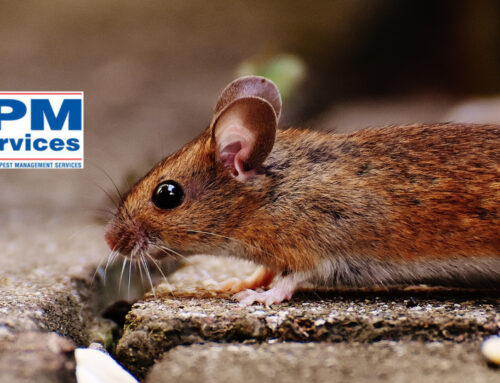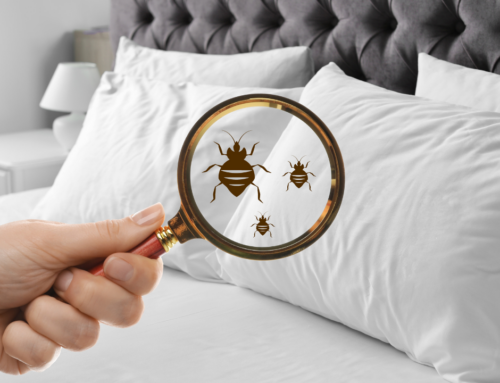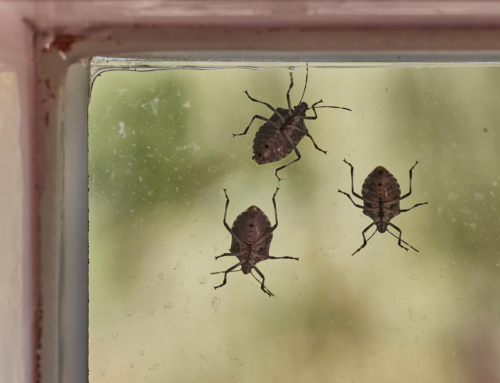Bed bugs, those unwelcome nocturnal pests that find their way into our homes, can cause considerable stress and discomfort. Their presence can also lead to potential health issues. In this blog post, we aim to guide you on how to detect them and the necessary steps to take if you find them in your home.
Getting to Know Bed Bugs
Bed bugs are small, brownish insects that feed primarily on human blood, usually when it’s dark. They lack wings but compensate for this with their adeptness at hitchhiking. They can crawl onto people’s clothing, luggage, or furniture, thus moving from one place to another. Despite their small size, they are tough creatures and are often challenging to eliminate without professional help.

The Spread of Bed Bugs
A bed bug infestation typically starts with a single insect that has been brought into the home from an external source. These sources could be other infested locations or used furniture. Bed bugs can easily infiltrate our homes via luggage, purses, or backpacks. Once inside, they spread quickly, moving swiftly from place to place.
Detection: A Step-by-Step Guide
Detecting bed bugs requires careful inspection. Here’s how you can do it:
- Equip Yourself: Use tools like a flashlight and a magnifying glass. Bed bugs are tiny and often hide in dark corners.
- Examine Your Bed: These pests are most commonly found in mattresses, box springs, and bed frames. Look out for minuscule bloodstains, fecal matter, or the bugs themselves.
- Inspect Your Furniture: Pay close attention to upholstered furniture, especially the seams and folds. Check any cracks or crevices in wooden furniture as well.
- Check Luggage and Clothing: If you’ve recently traveled or bought second-hand clothes or furniture, inspect these items thoroughly.

Health Risks
Bed bug bites can lead to a variety of health issues, ranging from mild itchiness to severe allergic reactions. Long-standing infestations may even result in insomnia and anxiety.
Actions to Take If You Find Bed Bugs
Discovering bed bugs in your home can be distressing, but here’s what you should do:
- Stay Calm: Although it’s a stressful situation, panicking won’t help. Take immediate and thoughtful action instead.
- Seek Professional Help: Dealing with bed bugs is a task best left to professionals. Integrated Pest Management Services provides comprehensive pest control services, including effective bed bug extermination.
- Prevent Further Infestation: Avoid moving items from an infested room to a clean one as this could spread the infestation. Follow the instructions provided by your pest control professional to prepare your home for treatment.
Tips for Prevention
Prevention is always better than cure. Here are some tips to keep bed bugs at bay:
- Exercise Caution When Traveling: These pests are infamous hitchhikers. Always inspect your accommodation for signs, with a special focus on the mattress, headboard, and nearby furniture.
- Inspect Second-Hand Items: They can often be found in used furniture, clothing, and other items. Ensure that you inspect (and clean, if possible) second-hand items before bringing them into your home.
- Maintain Cleanliness and Order: Though cleanliness doesn’t guarantee a bed bug-free home, reducing clutter can minimize their hiding places. Regular vacuuming can also help to remove any potential stragglers.
- Seal Off Potential Hideouts: They can hide in the smallest places. Seal cracks and crevices in walls, floors, and furniture to limit their potential hiding spots.
- Use Protective Covers: Encase your mattress and box springs with a tightly woven, zippered cover to prevent bed bugs from entering or escaping. They can survive up to a year without feeding, so keep the cover on your mattress for at least a year to ensure all bugs in the mattress are dead.
- Conduct Regular Inspections: Regularly inspect areas where pets sleep for signs of bed bugs. They’re not exclusive to humans, and pet beds can also become infested.
Remember, preventing bed bugs from entering your home is much easier and less costly than dealing with an infestation. If you suspect a bed bug problem despite your best efforts at prevention, don’t hesitate to seek professional help immediately. Integrated Pest Management Services is always ready to provide effective and efficient solutions to keep your home pest-free.
